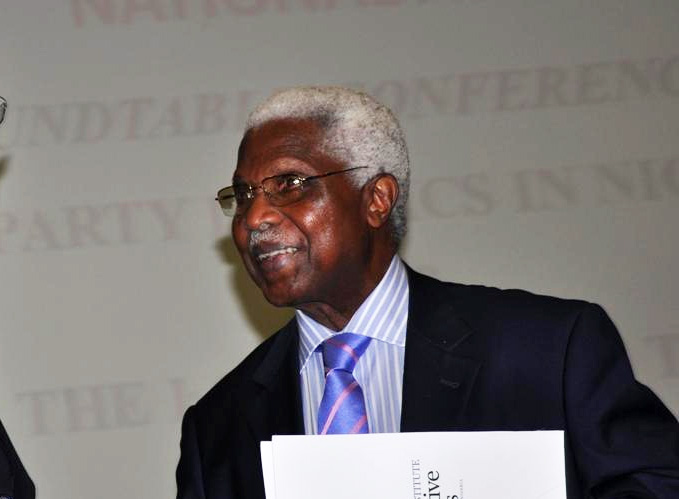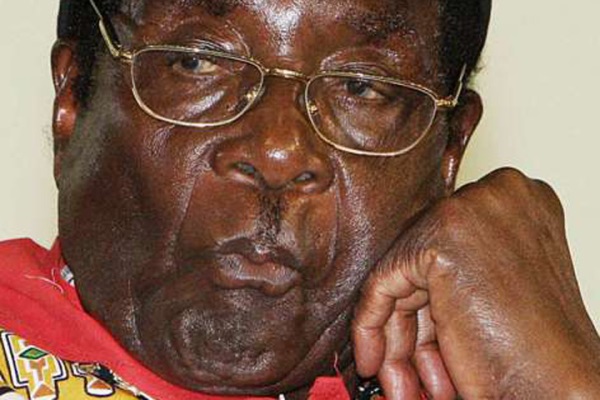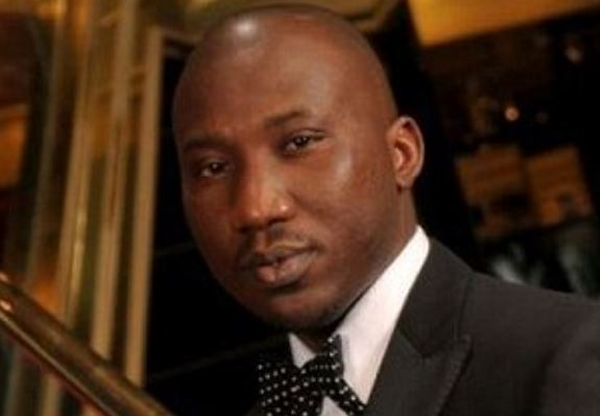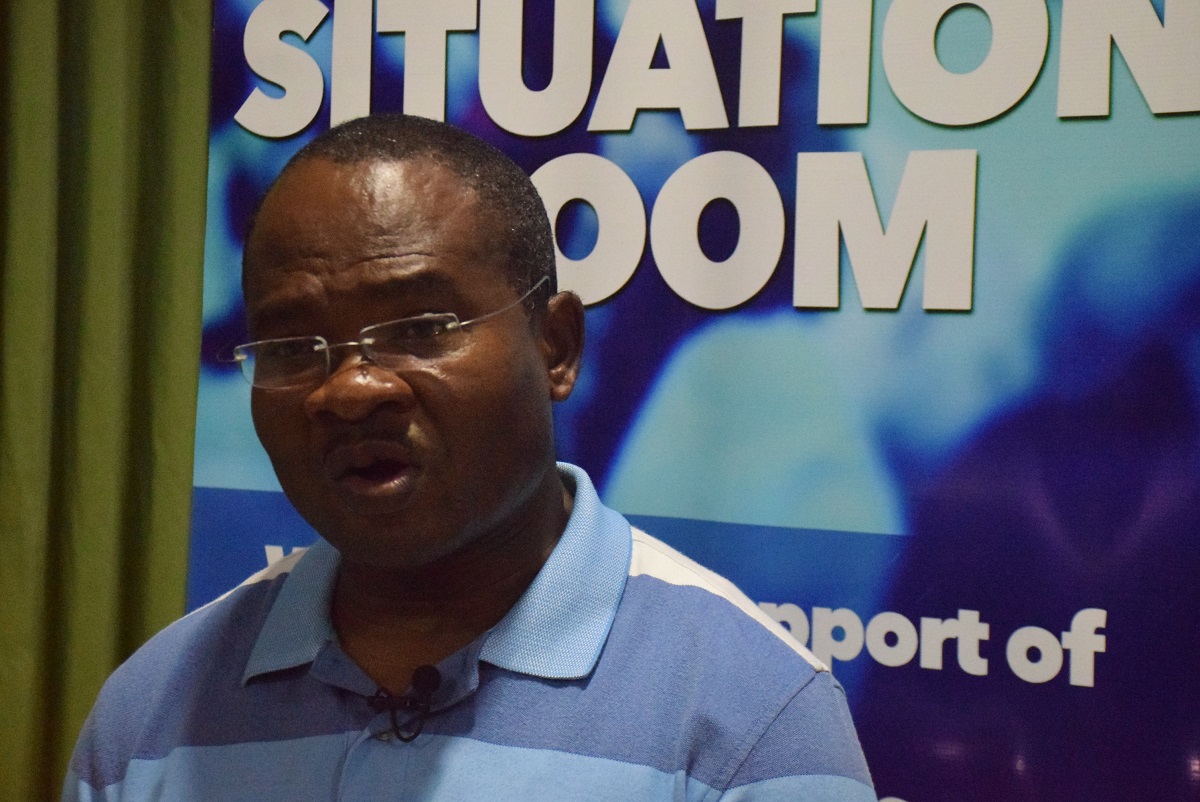SERVING SHAGARI
As vice-president, he had his fears and limitations. One fear was the possibility of a coup. The history of coup in Nigeria was filled with blood, and he feared he would not be safe if the past was going to be a pointer. One limitation was that as VP, he would have virtually nothing to do. The glory goes to the president, and the blame goes round.
But he had a very good relationship with Shagari by his own admission. It did not start on a rosy note, though.
“Actually on the first council meeting, where memos were brought up for discussion and some of the memos came for signature where some ministers had to sign, some for the President, after the session and because the ministers had just been appointed, almost all the memos came under the signature of President Shagari. During the meeting I said nothing, not because I had nothing to say but I just chose to say nothing,” he said years later.
“When we finished, the president came to me and asked why I didn’t make contributions to the discussions and the signing and I told him that first, it would be very embarrassing for him and for the government if he brought a memo to council and I demolished it and that I am sure that if I did that and, based on logic and sound reasoning, the council would agree with me but that would appear as if the presidency was not working together. I told him that I would rather we discuss the memo before hand and by the time we get to council, it would be easier to handle.
Advertisement
“He said that since the memos come from various places, if we have to go through all the memos at council, it would take time but that he would appreciate it if I took a very good look at the memos the way they come and make my input the way I saw it good or bad and that he wouldn’t consider it embarrassing if I demolished any memo brought to council. And so we agreed and began to work on that basis.”
It may need reminding that while Ekwueme boasted of many degrees, Shagari only trained as a teacher although with a lot of political experience, having been minister in the 1960s.
The Shagari government was overthrown by the military on December 31, 1983. Muhammadu Buhari, a major-general, became head of state. Ekwueme, who spent 20 months in detention at Kirikiri prisons — much of it without access to TV, newspapers and radio — would later be blamed for the ills of the Shagari administration by Buhari.
Advertisement
But the Justice Uwaifo panel, set up by the military government of Ibrahim Babangida, a general, set him free with these famous words: “Dr. Ekwueme left office poorer than he was when he entered it, and to ask more from him was to set a standard which even saints could not meet.”
LIKE ZIK, LIKE ABIOLA
After he was set free, he did not participate in politics under Babangida, who was banning and unbanning “old breed” politicians at every turn. After the annulment of June 12 1993 presidential election, Nigeria descended into a crippling crisis, and Babangida left power unceremoniously.
An interim government, headed by Ernest Shonekan, was installed to midwife a new transition, but the crisis only got worse. At this stage, Ekwueme came back into the limelight to play the role of a statesman.
He called a press conference and proposed what many people would laugh at — that Nigeria should produce a new constitution and write specifically that MKO Abiola, the winner of the annulled election, would be the first president under that constitution.
Advertisement
At the press conference he held at Ikoyi Hotel, Lagos, he said the same way Azikiwe was mentioned by name in the 1963 Constitution as the president of Nigeria, it should be written that “Abiola shall be the President of Nigeria and there shall be vice-presidents from the different geo-political zones” under his proposed constitution.
It sounded ridiculous. Nobody listened to him. Besides, Nigeria was on fire, and the powers that be would rather eat sand than give Abiola any break.
RETURN TO POLITICS
Shonekan was eventually removed in what was clearly a military coup and Sani Abacha, a general, took over. Nigeria returned to a full-fledged military regime. One of the first things Abacha did was to set up a constitutional conference to write a new constitution for Nigeria. Ekwueme was nominated into the conference. He was back in the game.
At the constitutional conference, he championed many proposals to reshape Nigeria politically, create a more equatable system and reduce the perennial tension in the land. He suggested a six-zone structure (which is now effectively in operation in Nigeria). He asked for rotational presidency between the zones and a single term of five years. A sitting president should not be a candidate for re-election, but he could return to contest in the future.
Advertisement
Ekwueme also suggested that each zone should have a vice-president, and in the event that the sitting president has to leave office — by impeachment, resignation or death — he would be replaced by the vice-president from his zone. This was to allay the fears of any zone losing power accidentally, as it happened when President Umaru Musa Yar’Adua died in 2010 and the north lost the presidency barely in three years.
The most controversial proposal from him was that the core of the military should be decentralised to prevent coup plots. But he was accused of proposing regional armies and this was seen as an attempt to break up the country. The Igbo demanded a confederacy before the civil war broke out in 1967, and such a “decentralised military” proposal coming from another Igboman was bound to be treated with suspicion.
Advertisement
As Abacha began to show signs that he was not interested in a genuine transition to democracy but wanted to transmute from military dictator to civilian president — as the fad was in many African countries then — Ekwueme began to align with top politicians to fight Abacha. It was a dangerous game but he survived.
He was a key brain behind the G-34 group that wrote to Abacha to demand a return to democracy, and when Abacha eventually died, the group metamorphosed into the PDP which became the dominant party from 1999 to 2015. Ekwueme twice sought to be the party’s presidential candidate in 1999 and 2003, but he was defeated by Obasanjo on both occasions.
Advertisement
Although aggrieved at the way things went, he remained a member of the party till the end.
To read more on Ekwueme, you can click here.
Advertisement






